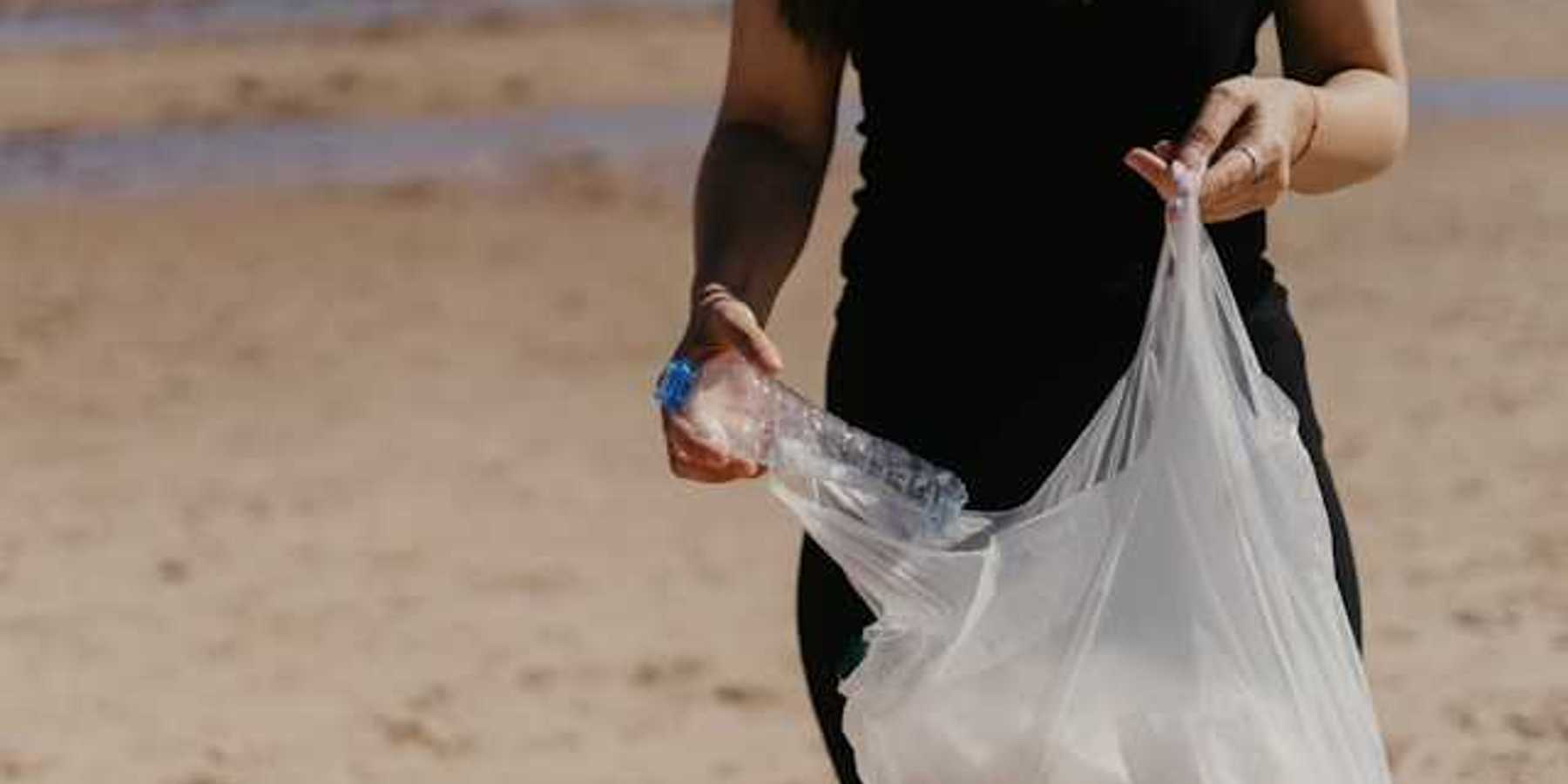Fossil fuel industry seeks legal shield from climate lawsuits
Nearly 200 environmental and legal groups are urging Congress to reject any efforts by the fossil fuel industry to secure immunity from lawsuits over climate-related damages.
Dharna Noor reports for The Guardian.
In short:
- Advocacy groups, including the Sierra Club and Earthjustice, warn that the fossil fuel industry may leverage the Trump administration’s policies to push for legal immunity from climate lawsuits.
- Oil companies have faced over 30 lawsuits from states and cities accusing them of concealing the climate risks of their products, with some cases seeking billions in damages.
- Concerns are growing that the industry could seek a liability waiver, similar to the one granted to the firearms industry, to block both existing and future climate litigation.
Key quote:
“What’s at stake here isn’t just who pays for climate disasters. It’s whether our democracy allows powerful industries to simply rewrite the rules when justice catches up to them.”
— Cassidy DiPaola, Make Polluters Pay
Why this matters:
For decades, oil and gas giants have been accused of misleading the public about the dangers of burning fossil fuels, despite knowing the risks of global warming as early as the 1960s. Now, a wave of lawsuits aims to hold these companies accountable for their role in intensifying extreme weather events, rising sea levels, and other environmental damages.
It's not just about financial restitution, but the broader question of corporate responsibility. If the industry secures immunity — whether through legal defenses, lobbying efforts, or political intervention — it could set a precedent that shields polluters from similar lawsuits in the future. That, in turn, could leave taxpayers footing the bill for the mounting costs of climate disasters, from wildfire recovery to infrastructure repairs after hurricanes and floods.
Learn more: Fossil fuel industry ramps up political spending as investigations stall













